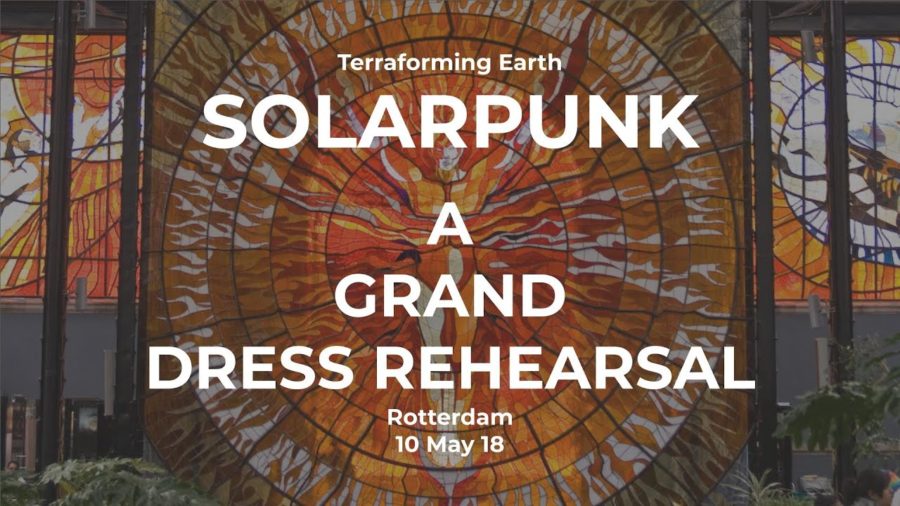Many of the concerns of the cyberpunk genre have come true. The rise of corporate power, ubiquitous computation, and the like. Robot limbs and cool VR goggles. But in many ways, it’s far far worse.
Archive
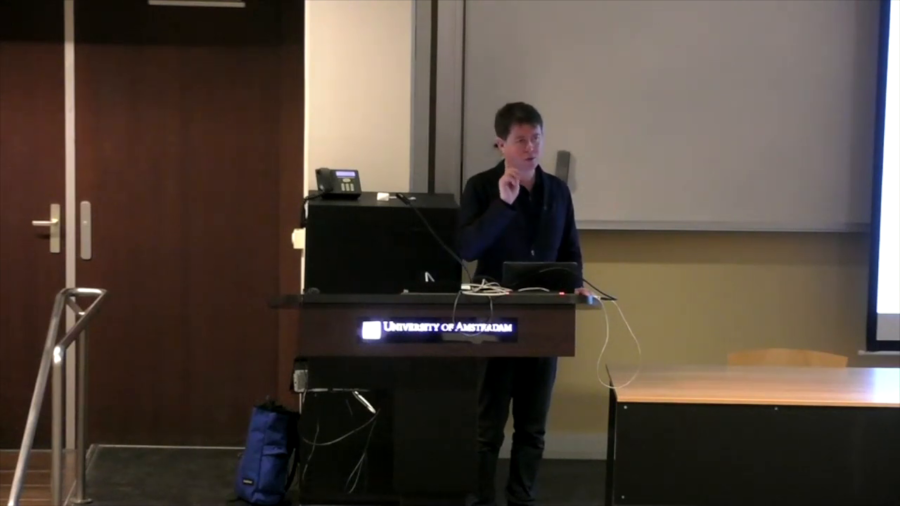
Extremists around the world are increasingly being thrown off of social media. And so…the big question that I’m going to try to answer is, is this effective? Is it good? Is it good for the platforms? Who does it benefit? Is it good for the platforms, is it good for the extremists, is it good for the Internet, is it good for society at large?
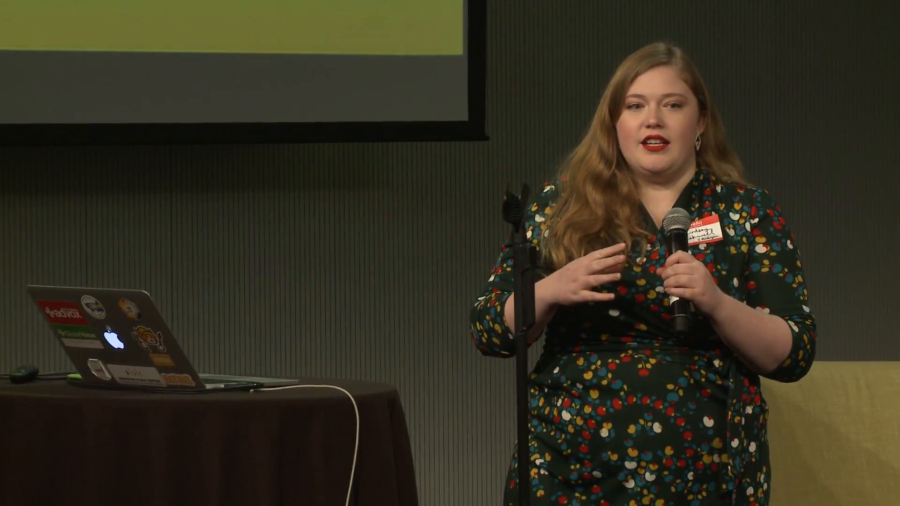
When I talk about online harassment I’m referring to a very broad spectrum of abusive behaviors that are enabled by technology platforms and used to target a user or a group of users. So this can be anything from a flaming or the use of personal insults or inflammatory language, to things like doxing or revealing or broadcasting personal information about someone such as a phone number or address, to things like stalking and impersonation and things of that nature.
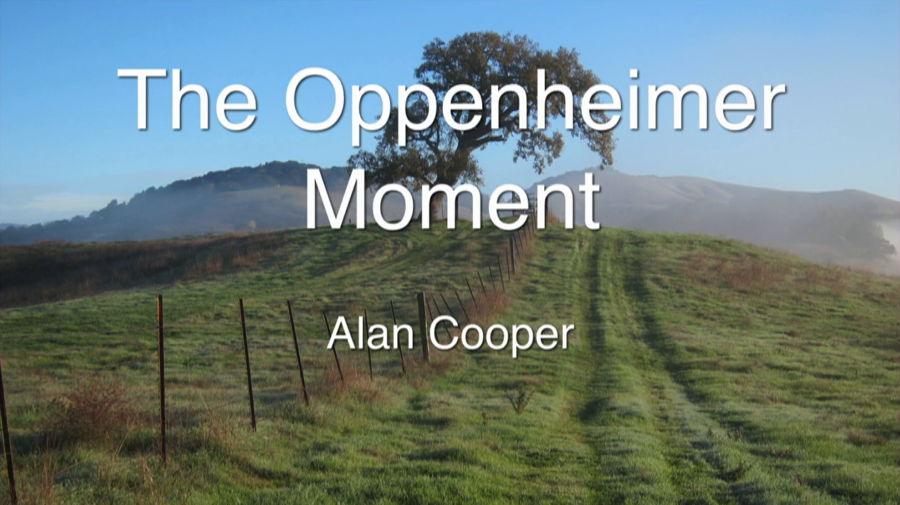
Where did this evil stuff come from? Are we evil? I’m perfectly willing to stipulate you are not evil. Neither is your boss evil. Nor is Larry Page or Mark Zuckerberg or Bill Gates. And yet the results of our work, our best most altruistic work, often turns evil when it’s deployed in the larger world. We go to work every day, genuinely expecting to make the world a better place with our powerful technology. But somehow, evil is sneaking in despite our good intentions.
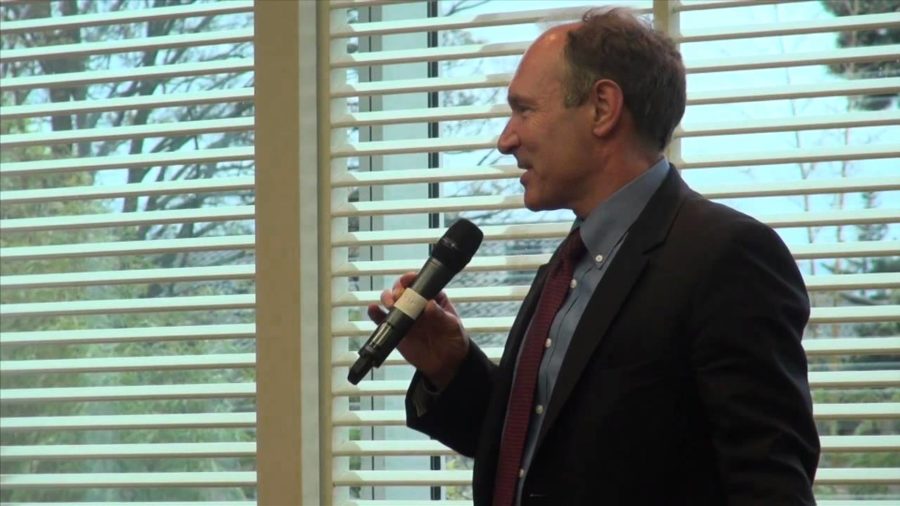
People are amazed at the growth of the Web, but the growth of the Internet, that was actually what happened from zero. So the things that you guys have done from this have been the way that we have learned.
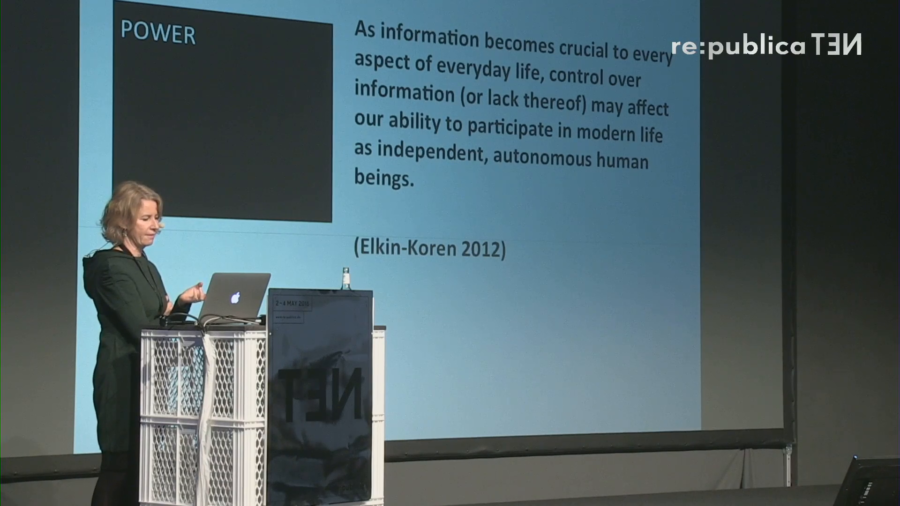
What does it mean for human rights protection that we have large corporate interests—the Googles, the Facebooks of our time—that control and govern a large part of the online infrastructure?
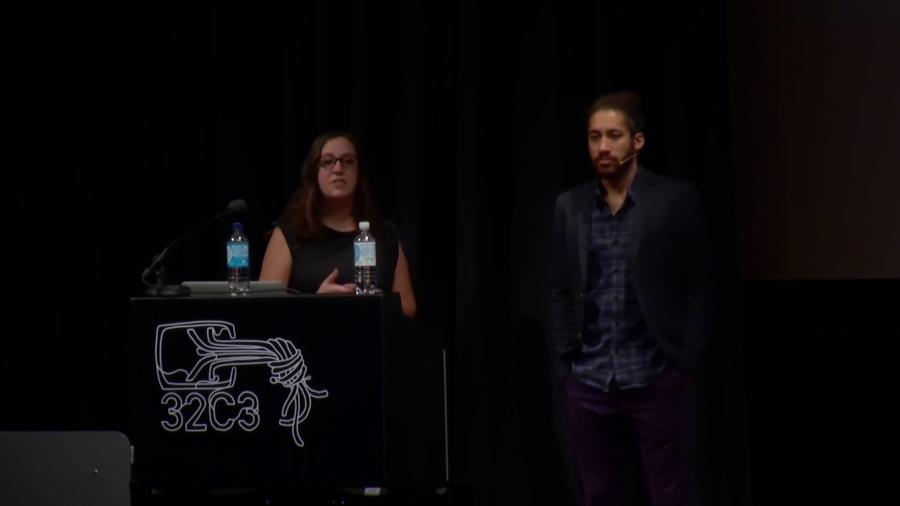
Social media companies have an unparalleled amount of influence over our modern communications. […] These companies also play a huge role in shaping our global outlook on morality and what constitutes it. So the ways in which we perceive different imagery, different speech, is being increasingly defined by the regulations that these platforms put upon us [in] our daily activities on them.

